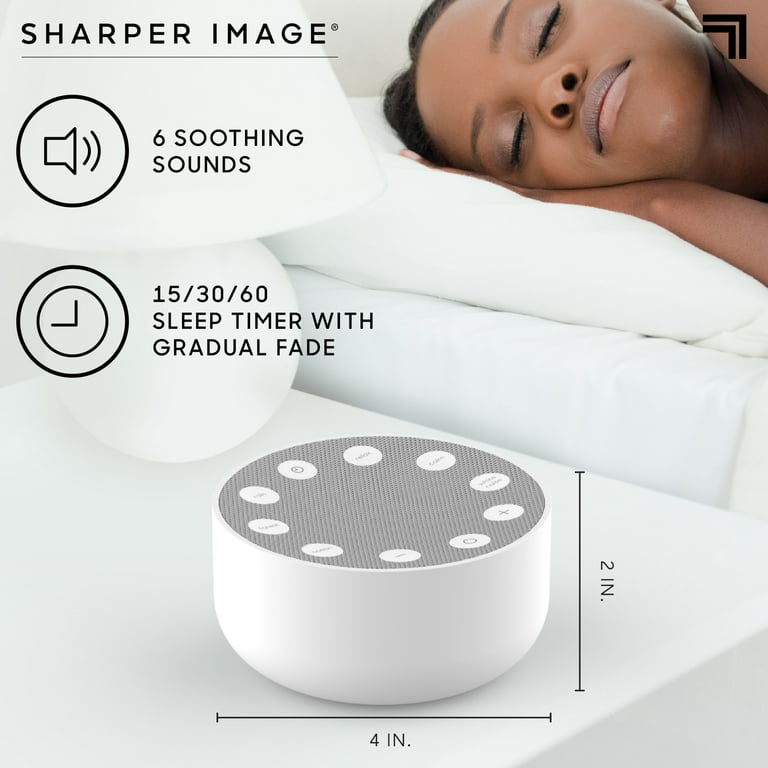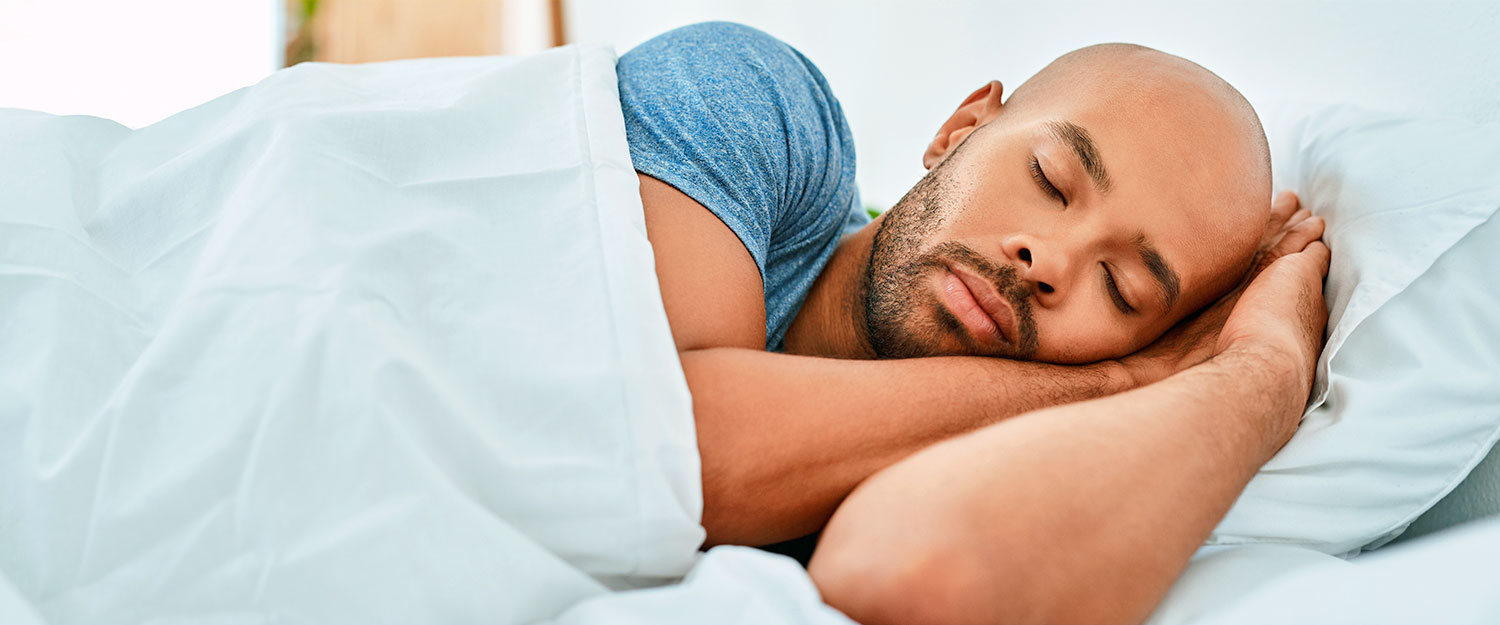Experienced Insomnia Specialist - Personalized Take Care Of Better Sleep
Experienced Insomnia Specialist - Personalized Take Care Of Better Sleep
Blog Article
Effective Treatment Solutions for Managing Sleep Disorders and Enhancing Relaxing Rest
In the realm of medical care, the management of sleep problems and the quest for relaxing rest are critical elements of general health. As we browse the detailed landscape of sleep conditions and seek to enhance our rest experience, a much deeper understanding of these therapy solutions may hold the trick to opening an extra relaxing and satisfying corrective trip.
Cognitive Behavior Modification for Insomnia (CBT-I)
Cognitive Behavior Modification for Sleeplessness (CBT-I) is an organized, evidence-based treatment technique that focuses on dealing with the underlying aspects adding to sleep disturbances. This sort of therapy intends to change habits and ideas that intensify sleeping disorders, ultimately advertising healthy rest patterns. CBT-I commonly includes numerous key parts, consisting of cognitive treatment, sleep constraint, stimulus control, and rest hygiene education.
Cognitive treatment helps individuals recognize and transform negative thought patterns and ideas regarding rest that may be preventing their capacity to drop or remain asleep. Sleep restriction involves restricting the quantity of time invested in bed to match the person's actual rest duration, consequently increasing rest effectiveness (sleep disorder treatment). Stimulus control methods aid develop a strong association in between the bed and sleep by motivating people to visit bed only when sleepy and to avoid taking part in stimulating activities in bed
Moreover, sleep health education and learning concentrates on creating healthy sleep practices, such as preserving a constant rest timetable, creating a relaxing bedtime regimen, and optimizing the sleep setting. By dealing with these factors comprehensively, CBT-I uses a reliable non-pharmacological intervention for handling sleep problems and enhancing overall sleep top quality.
Sleep Health Practices
Having established the structure of cognitive restructuring and behavioral adjustments in attending to sleep problems with Cognitive Behavior modification for Sleep Problems (CBT-I), the emphasis currently moves towards exploring crucial Rest Health Practices for maintaining ideal rest quality and total well-being.
Sleep hygiene practices encompass a variety of practices and environmental factors that can considerably affect one's ability to drop off to sleep and stay asleep throughout the night. Constant rest and wake times, producing a relaxing going to bed routine, and enhancing the sleep environment by maintaining it dark, silent, and cool are vital parts of good rest health. Limiting direct exposure to displays before bedtime, preventing stimulants like caffeine near to going to bed, and participating in regular physical activity throughout the day can additionally advertise better sleep high quality.
Moreover, exercising relaxation techniques such as deep breathing exercises or reflection prior to bed can aid soothe the mind and prepare the body for rest. By incorporating these sleep hygiene methods into one's everyday regimen, people can establish a healthy sleep pattern that supports relaxed rest and overall health.
Leisure Techniques and Mindfulness
Carrying out relaxation techniques and mindfulness methods can play a pivotal function in promoting a sense of calm and promoting top quality sleep. sleep deprivation help. These strategies intend to peaceful the mind, reduce stress, and develop an optimal setting for relaxing sleep. One extensively practiced approach is deep breathing workouts, where individuals concentrate on sluggish, deep breaths to loosen up the mind and body. Progressive muscle mass relaxation includes tensing and afterwards launching each muscle mass team, promoting physical leisure. Additionally, guided imagery can assist deliver individuals to a serene place in their minds, aiding in tension reduction and enhancing rest quality.
Mindfulness methods, such as reflection and yoga, are likewise effective in advertising relaxation and improving sleep. Mindfulness urges people to remain existing in the minute, releasing fret about the past or future. By incorporating these methods right into a bedtime routine, people can signal to their bodies that it is time to prepare and relax for sleep. Generally, incorporating relaxation strategies and mindfulness practices can substantially contribute to managing rest conditions and enhancing total rest high quality.

Medication Options for Rest Disorders
After exploring leisure strategies and mindfulness methods as non-pharmacological interventions for enhancing sleep quality, it is vital to think about medication options for people with sleep problems. In situations where way of life modifications and treatment do not give adequate relief, medication can be a useful device in managing rest disruptions.
Typically suggested drugs for rest problems include benzodiazepines, non-benzodiazepine hypnotics, antidepressants, and melatonin receptor agonists. Antidepressants, such as trazodone, can be beneficial for people with co-occurring clinical depression and sleep disturbances - cognitive behavioral therapy for insomnia (CBT-I).
It is important for people to speak with a doctor to figure out the most appropriate medicine alternative based on their certain sleep problem and clinical background.
Light Therapy for Circadian Rhythm Policy
Light therapy, likewise known as phototherapy, is a non-invasive therapy technique made use of to regulate circadian rhythms and enhance sleep-wake cycles. This treatment entails direct exposure to brilliant light that simulates all-natural sunlight, which aids to reset the body's interior clock. By exposing individuals to particular wavelengths of light, generally in the morning or night relying on the preferred effect, light treatment can properly adjust the circadian rhythm to advertise wakefulness throughout the day and improve peaceful rest at night.
Study has revealed that light treatment can be particularly advantageous for people with body clock conditions, such as delayed sleep phase disorder or jet lag. It can also be helpful cognitive behavioral therapy for insomnia (CBT-I) for those experiencing seasonal depression (SAD), a kind of anxiety that normally happens during the cold weather when natural light direct exposure is reduced. Light treatment is normally well-tolerated and can be made use of together with various other treatment techniques for rest problems to enhance results and improve overall sleep quality.
Conclusion
To conclude, reliable therapy remedies for managing rest disorders and boosting relaxed sleep include Cognitive Behavioral Treatment for Sleeplessness (CBT-I), sleep health techniques, relaxation techniques and mindfulness, drug choices, and light therapy for circadian rhythm policy. These approaches can assist individuals improve their rest high quality and overall health. It is essential to speak with a health care supplier to determine one of the most suitable approach for dealing with sleep concerns.
As we navigate the elaborate landscape of sleep problems and seek to boost our rest experience, a deeper understanding of these treatment solutions might hold the key to unlocking a much more rejuvenating and satisfying corrective journey.
Sleep restriction involves limiting the amount of time spent in bed to match the individual's actual sleep duration, consequently raising rest performance. Consistent sleep and wake times, creating a relaxing going to bed routine, and optimizing the sleep atmosphere by keeping it dark, quiet, and cool are important components of excellent sleep hygiene. Light therapy is normally well-tolerated and can be made use of in combination with various other therapy approaches for rest problems to maximize results and enhance general rest quality.

Report this page